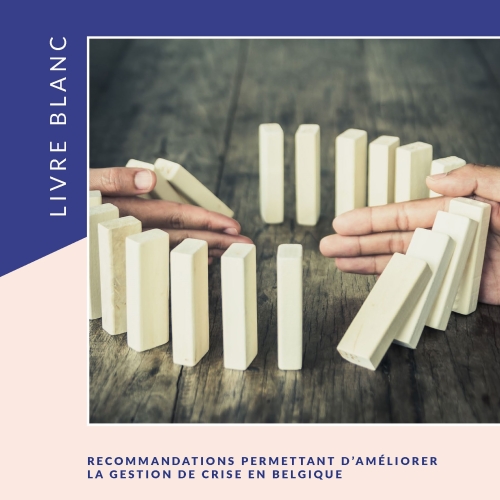Sophie Lavaux has been General Director of safe.brussels since 15 July 2021, and High official of the Brussels Conurbation since 26 July 2021.
This dual function was approved by the Brussels Parliament on 17 June 2022. In the Brussels-Capital Region, since the Sixth State Reform, the function of Governor has been divided into two roles: the function of High official for powers related to crisis management and emergency planning, and the function of Minister-President for powers related to public order.
Role
As commissioners of the Federal Government, provincial governors have authority over administrative police matters. As the post of governor no longer exists for the Brussels Conurbation, certain tasks associated with this office – namely maintaining public order, coordinating security policies and standardising communal police regulations – are entrusted to the Minister-President.
However, the Brussels Conurbation, which was assigned a High official following the government decree of September 2015, entrusts the latter with the rest of the powers devolved to provincial governors, in this case concerning matters relating to civil security. In essence, the High official is responsible for identifying the risks present on the territory, planning the infrastructure and resources needed to manage emergency situations, ensuring information is shared with the population, organising multi-disciplinary exercises and, above all, adapting existing emergency planning to the needs identified during assessments of real or simulated emergency situations.
In performing these duties, the High official is a decentralised authority of the Federal State. Nevertheless, the latter does have the status of regional agent, since they are appointed by the Government of the Brussels-Capital Region with the assent of the Federal Government.
Provincial Governors
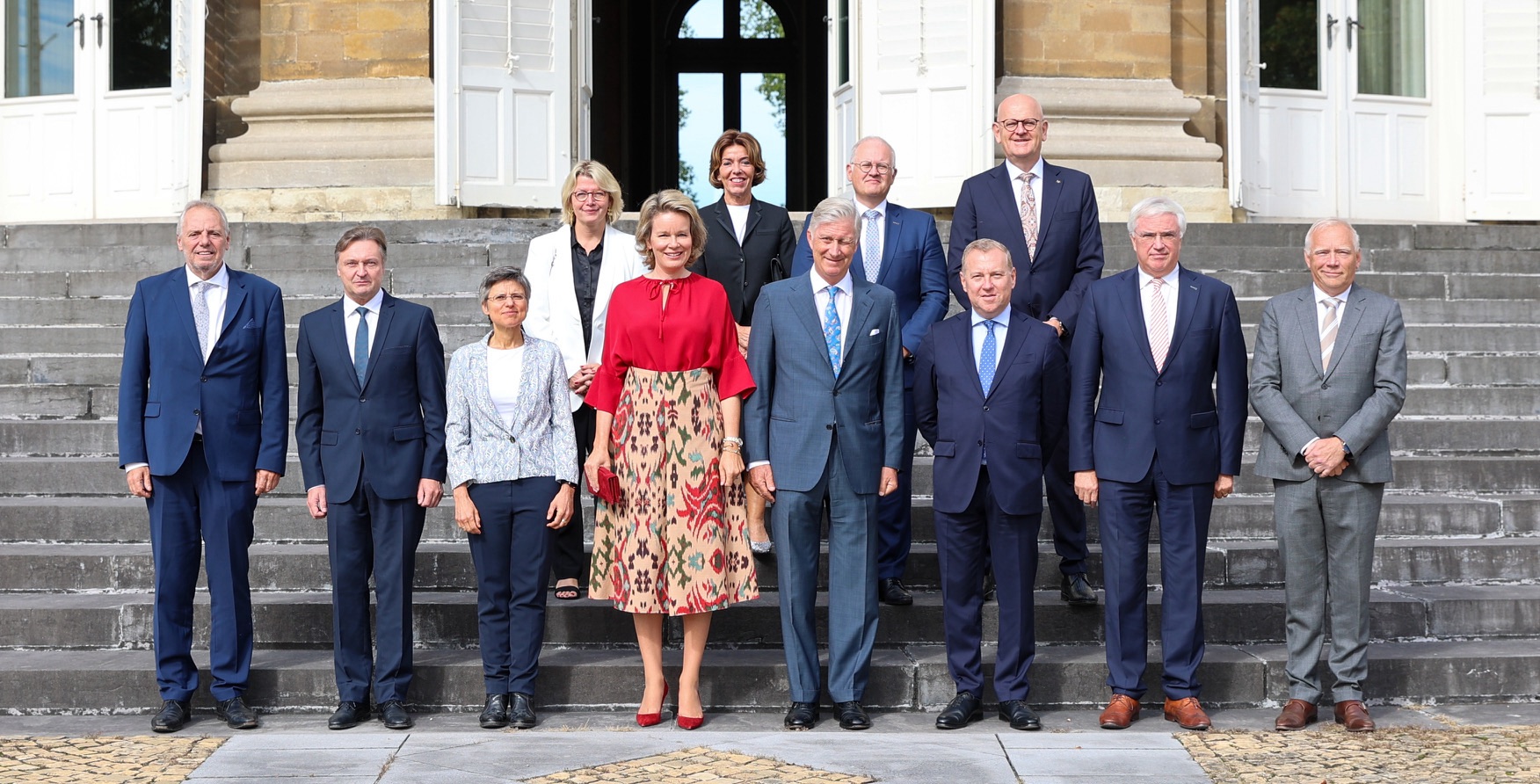
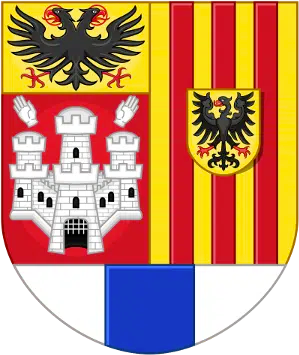

- Governor: Cathy Berx
- Cabinet Address: Koningin Elisabethlei 22 (Provincial House) - 2018 Antwerp
- Phone: +32 3 240 50 60
- Fax: +32 3 248 26 51
- Email: kabinet.gouverneur@provincieantwerpen.be
- Website: http://www.provincieantwerpen.be
- Governor's Website: http://www.cathyberx.be
- Federal Public Service Interior - Federal Services of the Governor of the Province of Antwerp
- Address: AMCA Building - 6th Floor, Italiëlei 4 box 16 - 2000 Antwerp
- Phone: +32 3 204 03 20
- Fax: +32 3 204 03 73
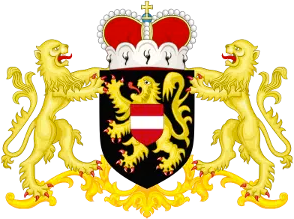
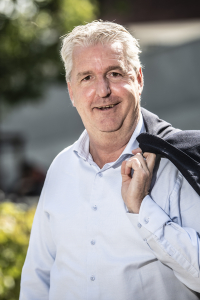
- Governor: Jan Spooren
- Address: Provincieplein 1 - 3010 Leuven
- Phone: +32 16 26 70 79
- Email: kabinet-gouverneur@vlaamsbrabant.be
- Website: https://www.vlaams-brabant.be
- Governor's Website: https://www.gouverneurvlaamsbrabant.be
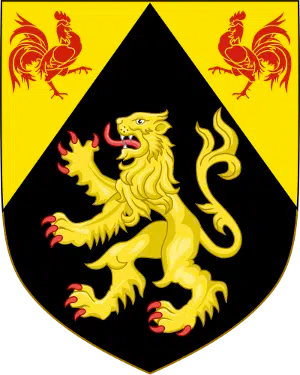
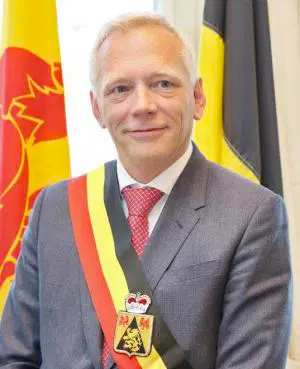
- Governor: Gilles Mahieu
- Address: 61, Chaussée de Bruxelles - 1300 Wavre
- Phone: +32 10 23 67 67
- Email: cabinet@gouverneurbw.be
- Website: http://www.gouverneurbw.be
- Provincial Crisis Center of Walloon Brabant: https://bwresponse.be/
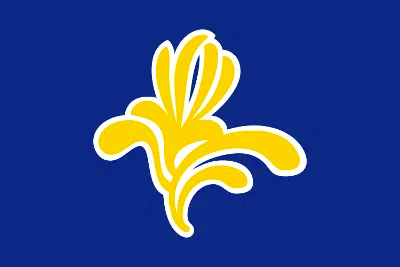

- Governor: Sophie Lavaux (High official of the Brussels Conurbation)
- Responsibilities: Civil security, crisis management, emergency planning
- Address: 40, Rue de Ligne - 1000 Brussels
- Phone: +32 2 507 99 11
- Fax: +32 2 507 99 33
- Email: Contact
- Website: https://safe.brussels
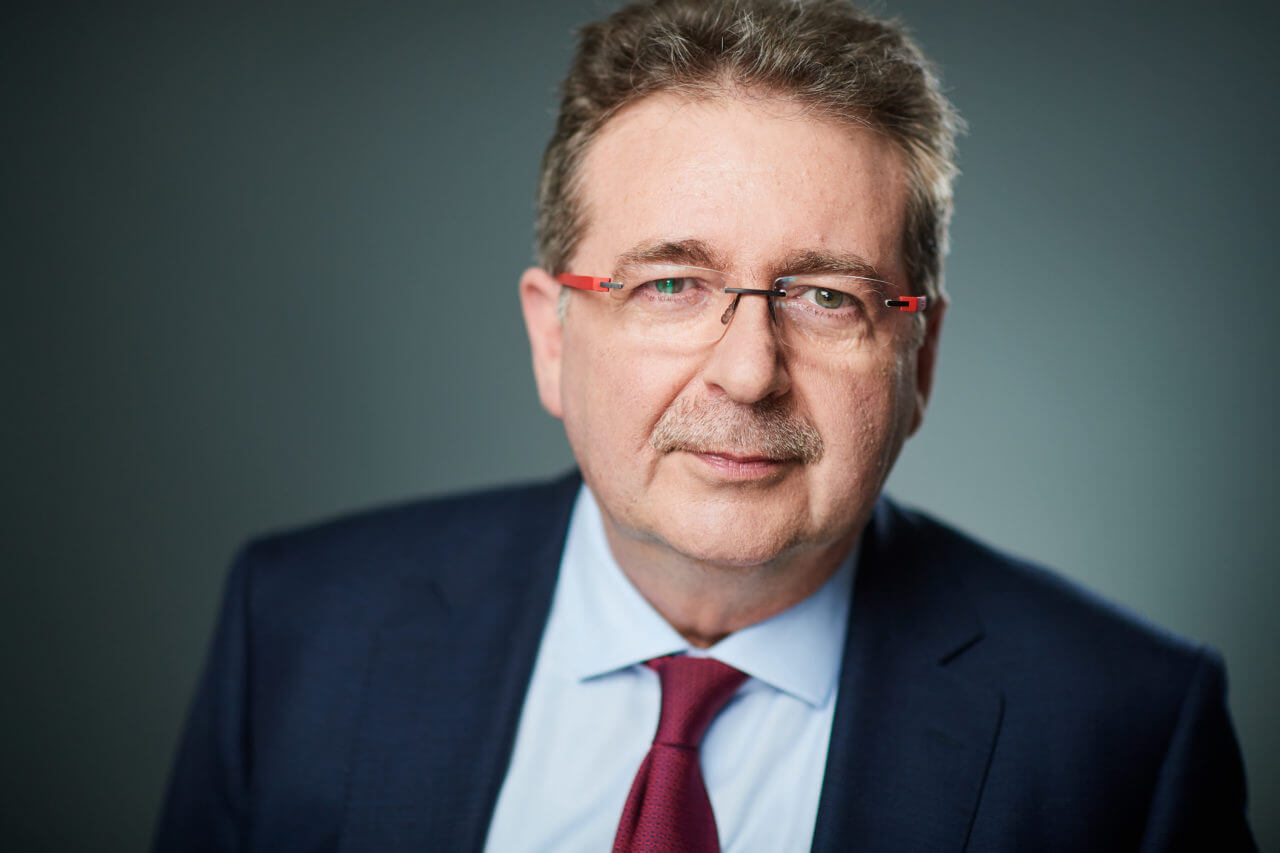
- Rudi Vervoort (Minister-President)
- Responsibilities: Public order
- Address: Rue Ducale 7-9 - 1000 Brussels
- Email: info.vervoort@gov.brussels
- Phone: +32 2 506 32 11
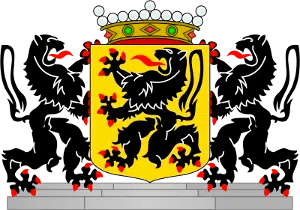
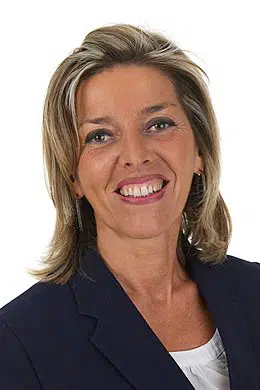
- Governor: Carina Van Cauter
- Address: Gouvernementstraat 1 - 9000 Ghent
- Phone: +32 9 267 80 21
- Email: kabinet.gouverneur@oost-vlaanderen.be
- Website: https://gouverneuroost-vlaanderen.be/
- Governor's Website: https://www.carinavancauter.be
- "Safety Guidelines": https://rampinfooostvlaanderen.wordpress.com/
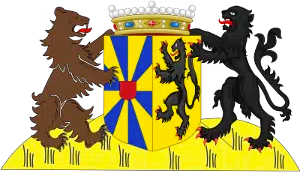
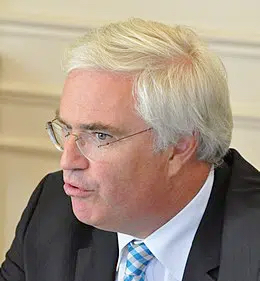
- Governor: Carl Decaluwé
- Address: FAC Kamgebouw - K. Albert I-laan 1/5 box 6 - 8200 Bruges
- Phone: +32 50 30 16 11
- Fax: +32 50 30 16 00
- Email: gouverneur@west-vlaanderen.be
- Website: https://gouverneurwest-vlaanderen.be/
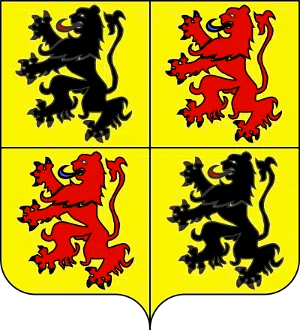
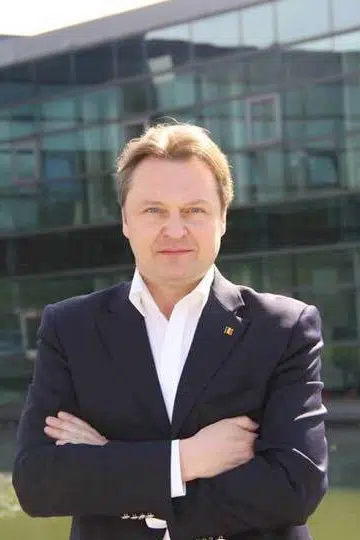
- Governor: Tommy Leclercq
- Address: 13, Rue Verte - 7000 Mons
- Phone: +32 65 39 64 45
- Fax: +32 65 36 03 70
- Email: gouverneur.hainaut@hainaut.be
- Website: http://www.hainaut.be
- Federal Services of the Governor: http://www.hainaut.be/gouverneur/services_federaux
- Provincial Security Office: http://www.securiteprovincehainaut.be/
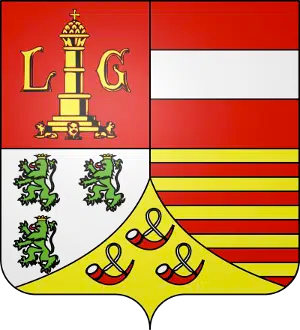
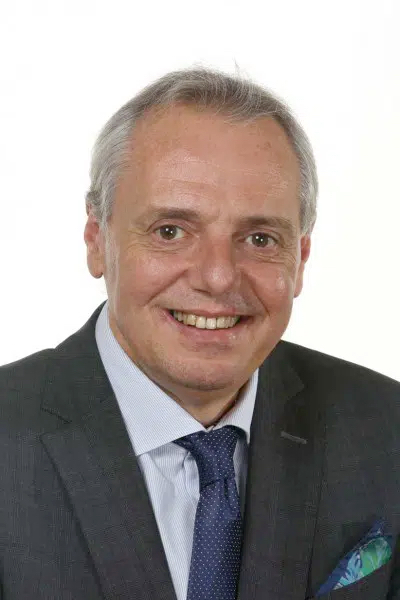
- Governor: Hervé Jamar
- Address: 2, Place Notger - 4000 Liège
- Phone: +32 4 232 33 34
- Fax: +32 4 223 79 44
- Email: gouverneur@provincedeliege.be
- Website: http://gouverneur.provincedeliege.be/
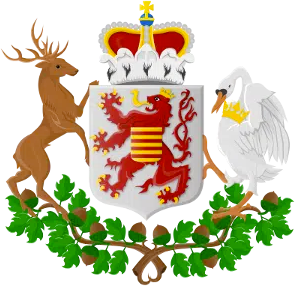
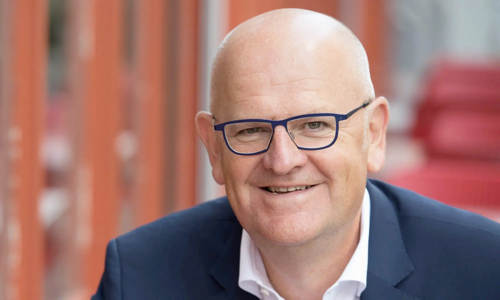
- Governor: Jos Lantmeeters
- Address: Universiteitslaan 1 - 3500 Hasselt
- Phone: +32 11 23 70 14
- Email: kabinet.gouverneur@limburg.be
- Website: http://www.limburg.be

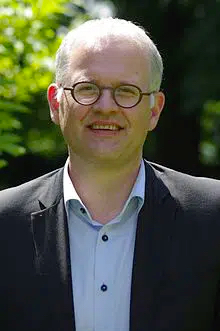
- Gouvernor : Olivier Schmitz
- Address : 1, Pl Léopold - 6700 Arlon
- Phone : 063 23 10 70 - 063 23 10 71
- Fax : 063 21 99 09
- E-mail : info@gouverneur-luxembourg.be
- Internet : http://www.gouverneur-luxembourg.be/
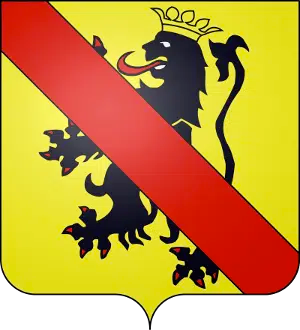
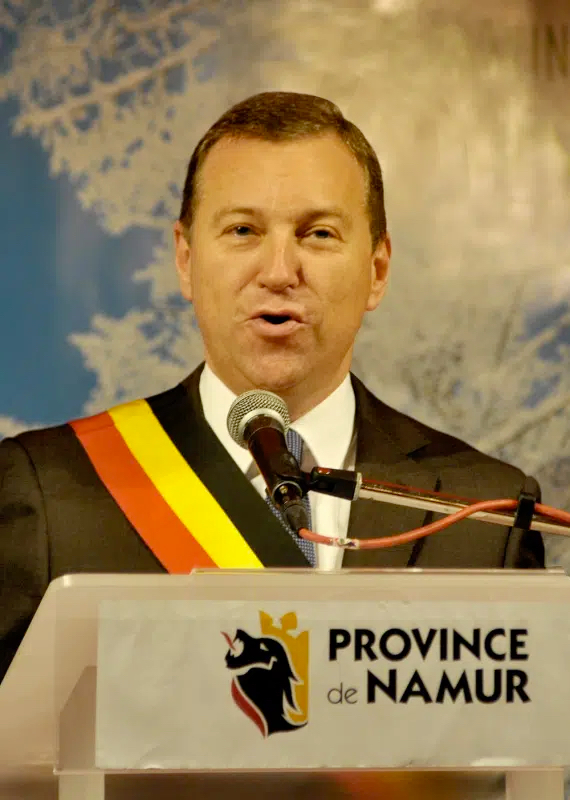
- Governor: Denis Mathen
- Address: 2, Place St-Aubain - 5000 Namur
- Phone: +32 81 25 68 68 - +32 81 25 68 46
- Fax: +32 81 23 19 47
- Email: cabinet.gouverneur@province.namur.be
- Website: https://www.gouverneurnamur.be

The BRU response label is an integrated programme that brings together all current and future projects in the fields of emergency planning, crisis readiness, partner networking and citizen participation. This last area, which has yet to be fully developed, is essential. In particular, the projects proposed aim to implement some of the recommendations made by the decisions committee of the French-speaking parliament of Brussels on the question of "To what extent and in what way do the citizens of Brussels envisage their role in crisis prevention, notification, management and evaluation?"
Citizen meetings
Organised as part of the BRU response programme, these meetings aim to raise awareness among residents of the various aspects of crisis management and emergency preparedness. The aim is to promote citizen participation in the event of a crisis, increase the risk culture and strengthen the resilience of all citizens, for greater safety in Brussels. In partnership with the Montgomery zone, the first citizen meetings were held in Woluwe-Saint-Pierre, Etterbeek and Woluwe-Saint-Lambert at the end of 2023.
Setting up a Communal civil security citizen reserve (Réserve Citoyenne Communale de Sécurité Civile – RCCSC)
One of the objectives of these meetings was to set up a citizen reserve as part of citizen participation in the event of a crisis. This objective was largely achieved with over 210 people already expressing their interest in the RCCSC by the end of the pilot phase!
In order to create a real community and to strengthen the special bond between volunteers and those involved in crisis management, the BRU response team launched a newsletter in January 2024.
Recommendations for improving crisis management in Belgium
On 25 April 2023, the Committee of Experts on Crisis Management, set up by the Minister of the Interior, submitted a White Paper containing recommendations for improving crisis management in Belgium. This text is the result of a multi-disciplinary effort, and is structured around 6 major themes, with risk culture as the cross-cutting theme.
More infosLinks

The emergency number "112" is the only emergency number you can call free of charge, anywhere in Europe, if you need urgent assistance from the fire brigade, a medical team or the police.

Would you like to be notified directly in the event of an emergency? Register on BE-Alert.be, the authorities' alert and information platform for emergencies.

